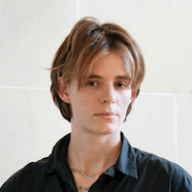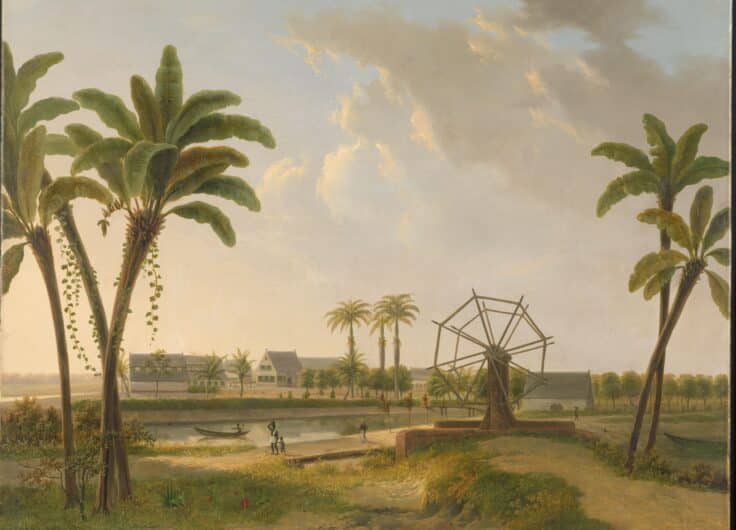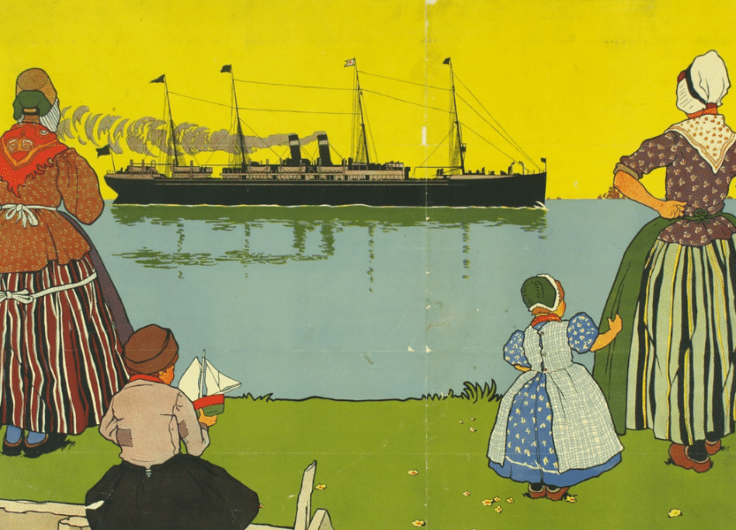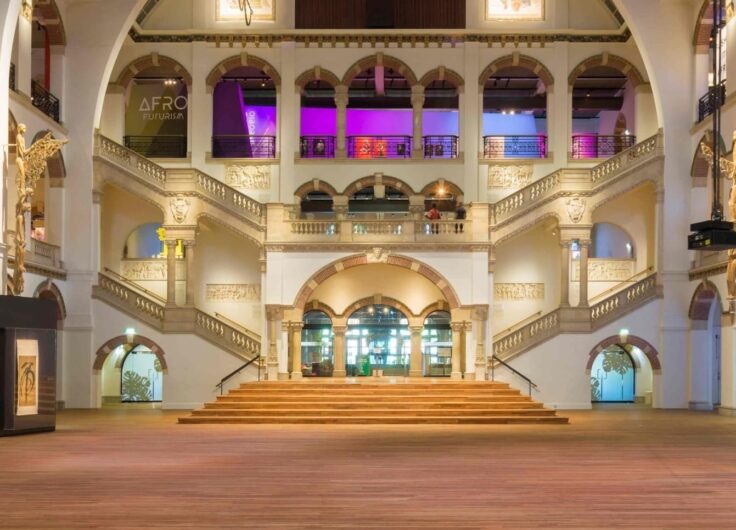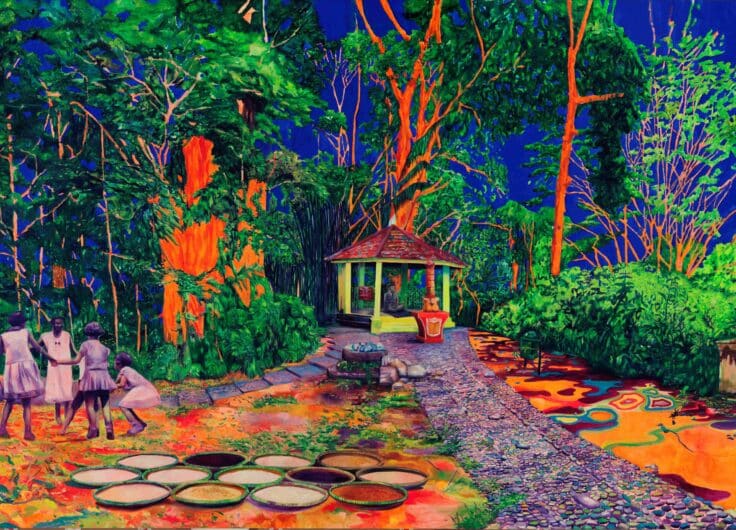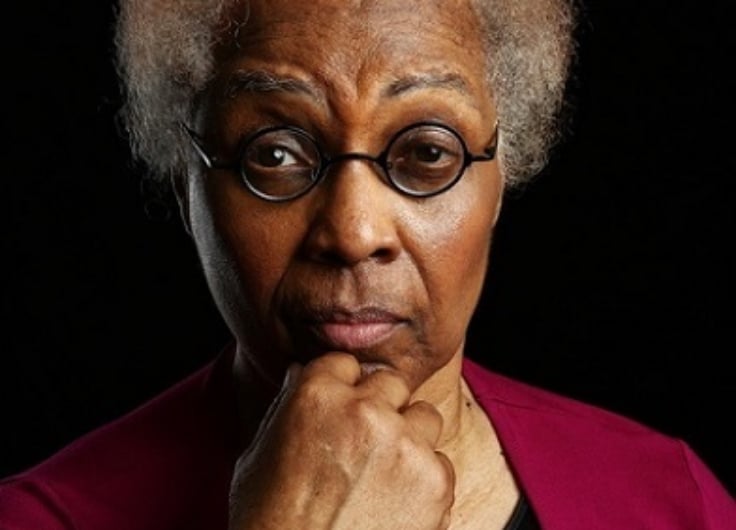Anne Bosveld: The sea is the bending of a body raising itself up
Eighteen young Flemish and Dutch authors bring an artefact to life from the Slavery exhibition at the Rijksmuseum in Amsterdam. Anne Bosveld wrote a prose poem inspired by a panorama of Cape Town.
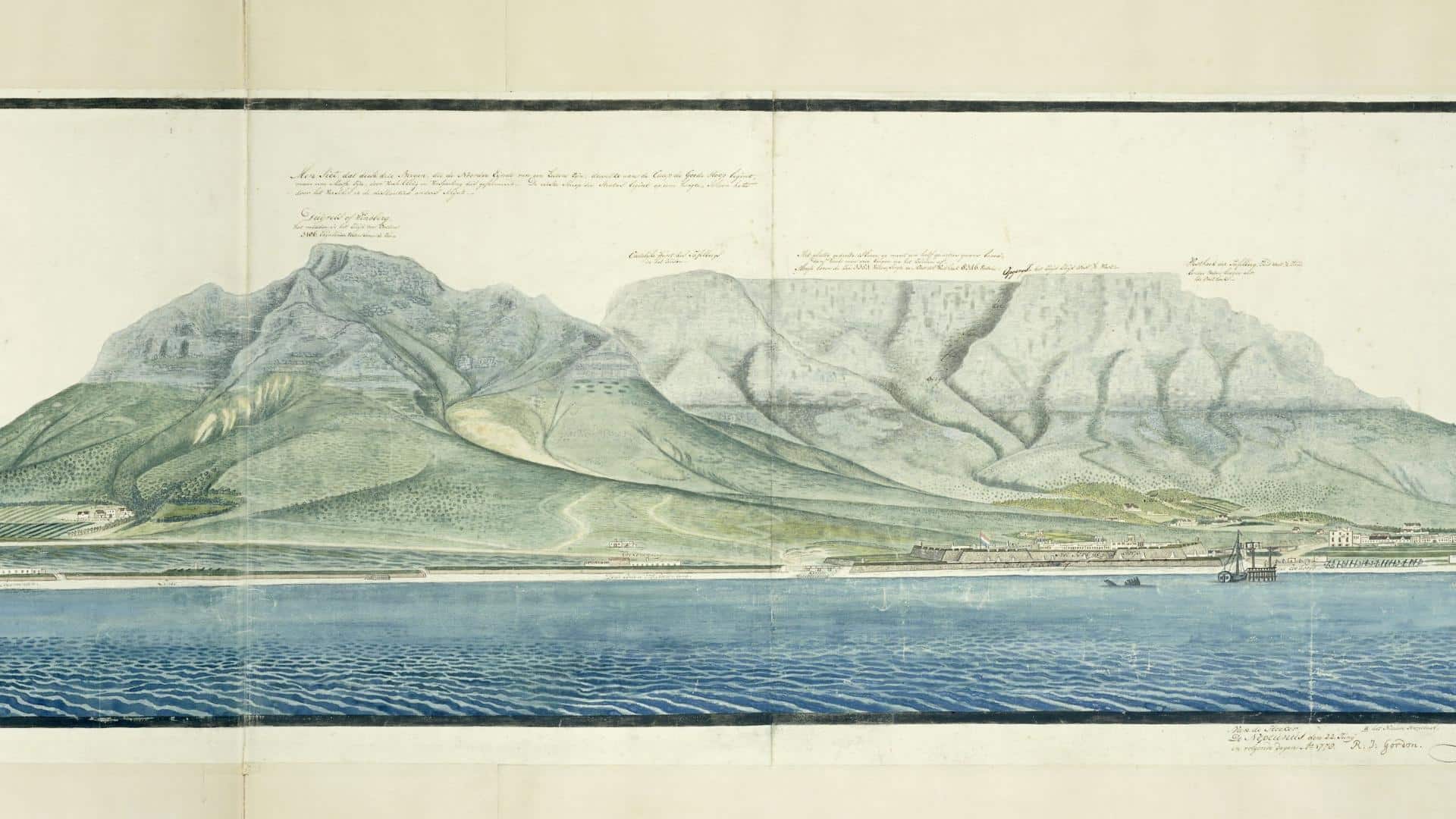 'Panorama of Cape Town and its surroundings, as seen from the sea’ from 1778, which is attributed to Robert Jacob Gordon
'Panorama of Cape Town and its surroundings, as seen from the sea’ from 1778, which is attributed to Robert Jacob Gordon© Rijksmuseum, Amsterdam
The sea is the bending of a body raising itself up
The sea is the bending of a body raising itself up. Shackled to its bulkheads, the ship floats, demonstrating depth through size. White men stand on deck, satisfied as they place their hands on the rails and greedily cleave the sea of black bodies. The anchor tugs at the seabed. Flukes have embedded themselves, the steel chain is taut and a wave is a man daring to crawl out of a man. Leaving the white foam behind.
The dune line. Despite the wind there is a smell of burning cigars. White men’s trousers flap loosely around their calves, the sand is blown about and gathers in the rolled-up legs. The grains against ankles feel like the touch of labouring hands. The men are seated at a large table, frowning habitually. The salt on their faces, the puckering and the demonic laughter. They take the burning sand into bed with them. There they lie. White men sleep and white women watch while their white men sleep. Erect a castle underneath their pillow in which they hide alcohol and cover up a murder, bury black bodies under white voices. Casually spread evil in the morning air by waking up and donning their uniform again.
A wave washes ashore.
A black woman hauls herself out of the water and walks onto the beach.
A black man hauls himself out of the water and walks onto the beach.
A place beyond the dune line, towards the mountains, deadly toil and yelling: run faster. A work detail is put together. White men laugh. Wait as they stare sleepily at a hilltop. Command death, their toes leaving no imprint in the soil. Black men and women dig fertile land. White men yell: work faster. The sweat dries. Black women and men begin to cramp up. Their knees buckle on the land they cleared and that remains white. Dance faster.
Another wave washes ashore.
A black man hauls himself out of the water and walks onto the beach.
A black woman hauls herself out of the water and walks onto the beach.
The sand sticks to the soles of their feet. In each other’s ears they pant towards the first sand dune. Waves break harder on the shore at night. Lay down on the grass with their backs to the sky and look at the huts. How white men sleep and white women watch while their white men sleep. Nearby, a black woman walks up the mountain, raises her hand, touches the sky like the mast of a ship on which barrelmen have positioned themselves to help navigate. And the wind is blowing hard! The panting in the dunes, on the beach and at the foot of the mountain. Here they come, running, inventing a weapon.
This text was written during a residency at Flemish-Dutch cultural organisation Huis deBuren in association with the Biermans-Lapôtre Foundation.

